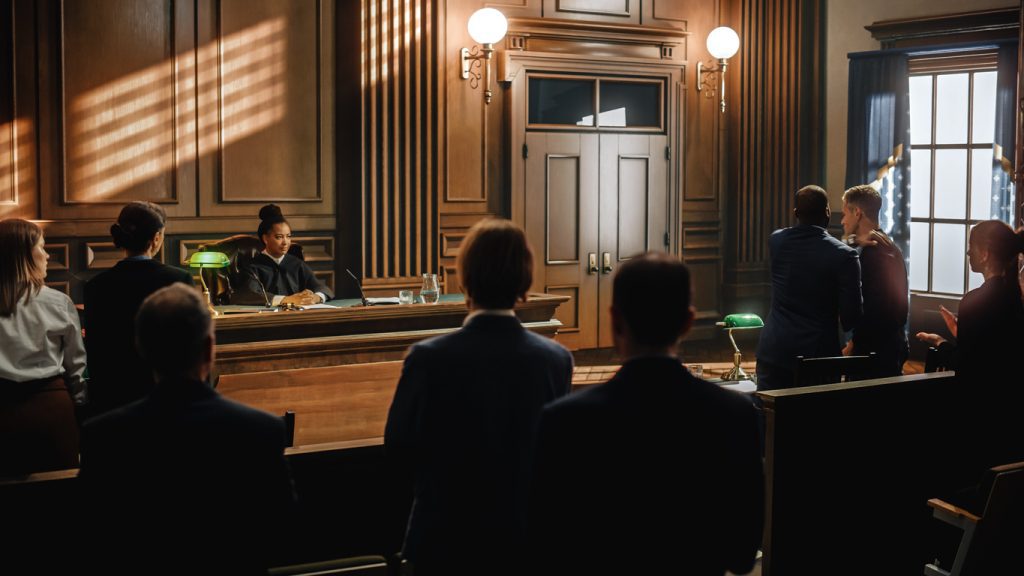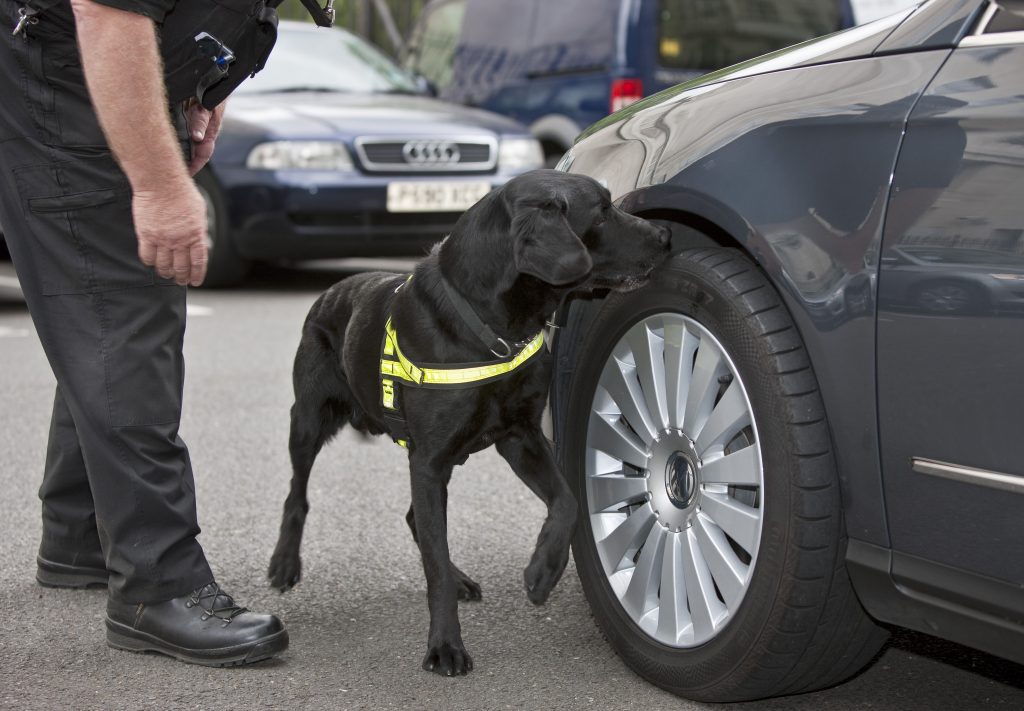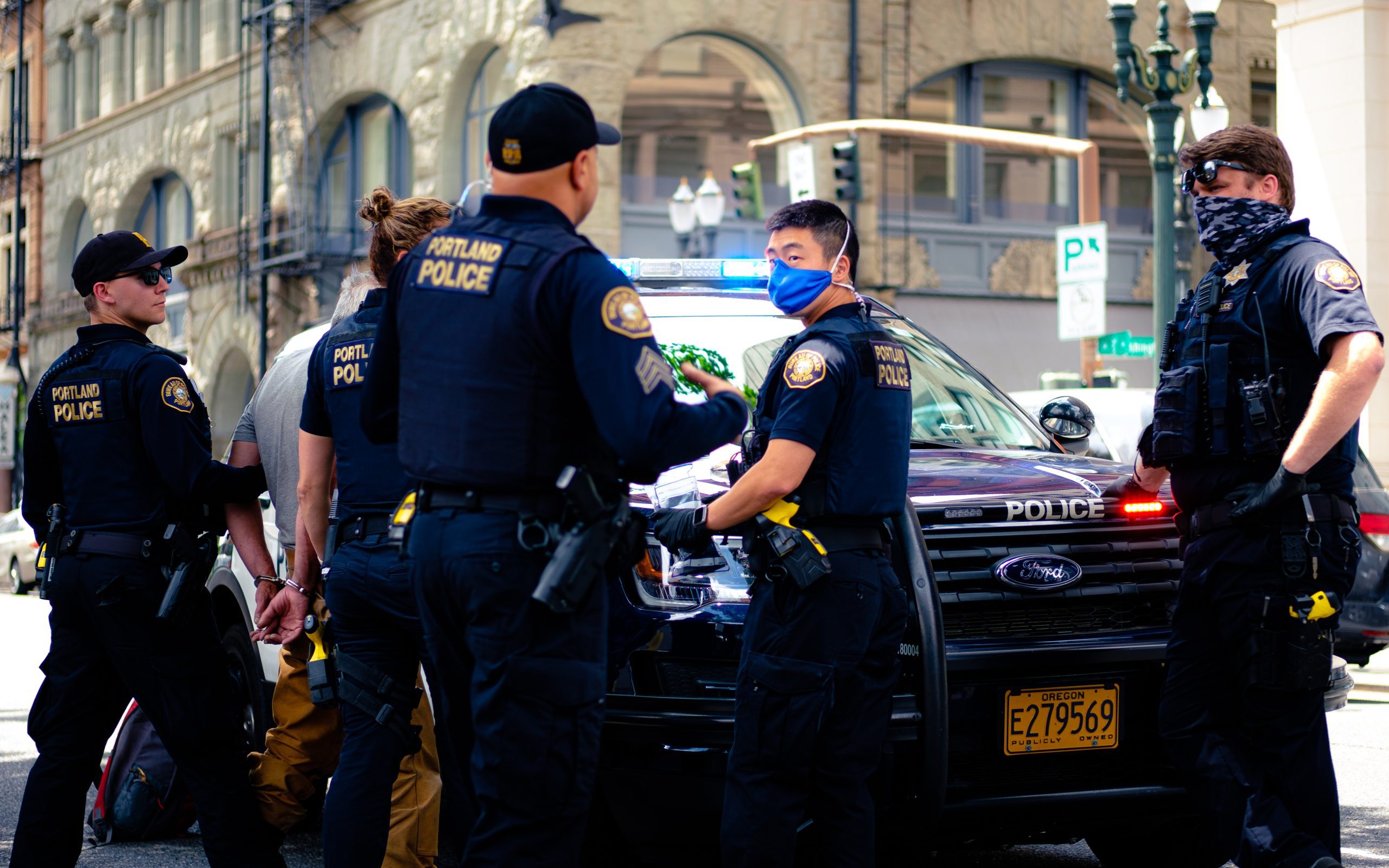You already know that once you’re in police custody, they must read you Miranda warnings. They must tell you that you have the right to remain silent, than anything you say can and will be used against you in court, that you have the right to a lawyer, and that if you can’t afford a lawyer, the court will appoint one for you. That’s what police have to tell you. But what do you have to tell police during an arrest?
What do you have to tell police during an arrest?
When police arrest you, you have the right to remain silent. If you want to exercise your right to silence, you should say so out loud. Once you tell police that you wish to remain silent, they might still question you. But you don’t have to answer their questions. The only exception is that, in some states, you may have to identify yourself. After you give police your name, you need not answer any other questions.
That doesn’t mean police won’t ask you more questions though. Even during a common traffic stop, they will try to get more information out of you. After you tell police your name and give them your license, registration and proof of insurance, they may ask you where you were going, why you were on the road, how fast you think you were going and so on. You do not have to answer these questions.

What else should you do during an arrest?
In addition to remaining silent and asking for a lawyer, you should also stay calm. Running away from, resisting or obstructing the police won’t help. You also don’t want to lie to the police. This could be verbal, meaning you don’t want to tell the police something false. But you also don’t want to give the police false documentation like a fake ID. Doing something like this could even result in more charges.
You also have the right to make a phone call. You can use that phone call to talk to contract a lawyer. Police, prosecutors and other government officials aren’t allowed to listen to your phone calls with your lawyers. Although some officials violate this rule, most don’t because they know they can’t use whatever they hear you say. Police, prosecutors and government officials will listen to other calls though.

The Takeaway:
You may have to tell police your name during an arrest. But, other than identifying yourself, you have the right to remain silent and the right to a lawyer. You should tell police that you wish to remain silent, that you want to talk to a lawyer and stay calm. In many circumstances, talking to the police — even if you’re trying to clear your name — will come back to haunt you.






